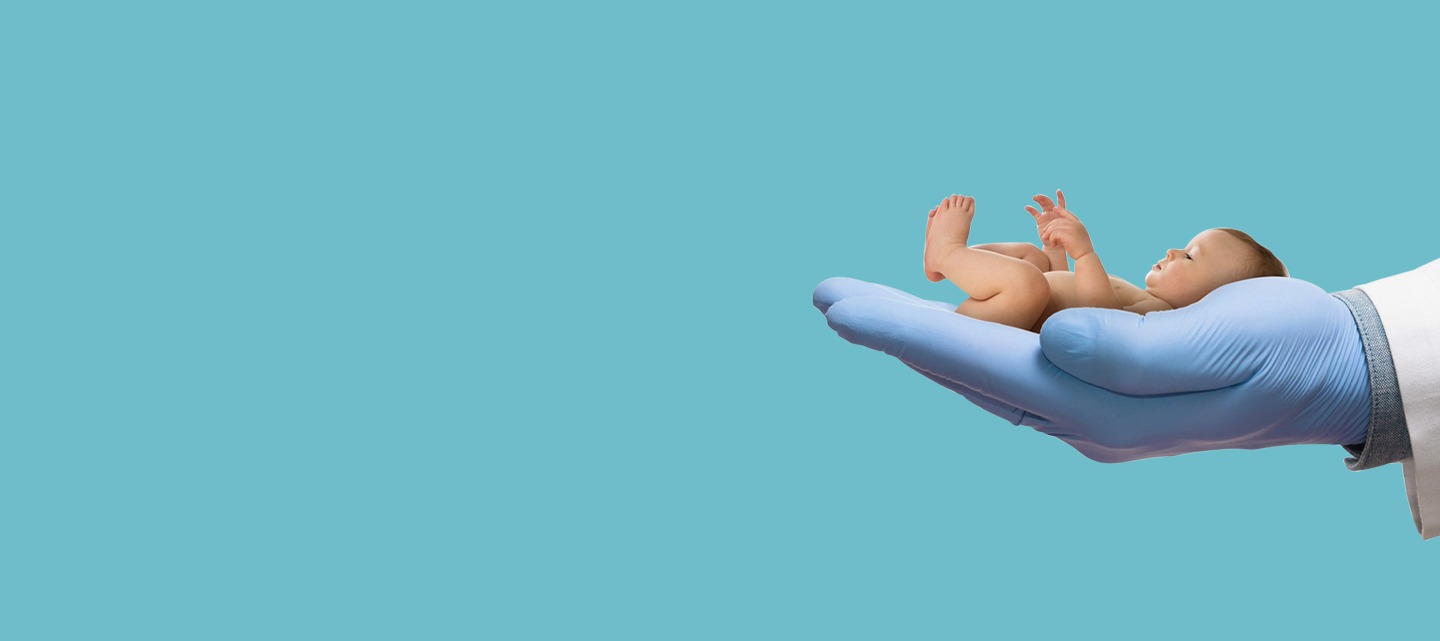

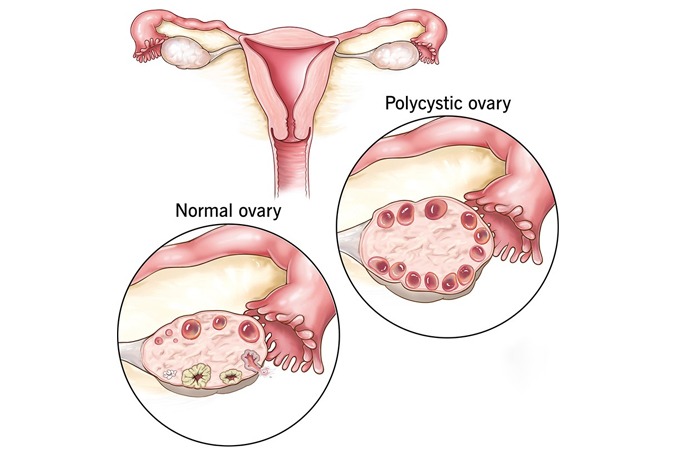
Polycystic ovary syndrome (PCOS) is a set of symptoms caused by a problem with a woman’s hormones. It affects the ovaries. These are the small organs that store a woman’s eggs. But it can also affect the rest of the body. PCOS is a very common condition in women of childbearing age. In some cases, it can lead to serious health issues if not treated.
Ovulation happens when a mature egg is released from an ovary. This happens so it can be fertilized by a male sperm. If the egg is not fertilized, it is sent out of the body during your period.
In some cases, a woman doesn’t make enough of the hormones needed to ovulate. When ovulation doesn’t happen, the ovaries can develop many small fluid-filled sacs (cysts). These cysts make hormones called androgens. Androgens are a type of hormone normally found in abundance in men, but women normally have them in smaller amounts. Women with PCOS often have high levels of androgens. This can cause more problems with a woman’s menstrual cycle. And it can cause many of the symptoms of PCOS.
Treatment for PCOS is often done with medicine. This can’t cure PCOS, but it helps reduce symptoms and prevent some health problems.
Ovaries are the reproductive organs of a female which control the menstrual cycle and the production of hormones like estrogen, progesterone, inhibin, relaxin etc. The accumulation of the eggs swells the ovary and makes it release large quantities of male hormone thus causing infertility.
PCOD is a hormonal condition that affects approximately 5- 10% of women in their childbearing ages (12 to 45-years). While the prevalence of PCOD differs, it affects around 9% to 22% of Indian women. The numbers are about 2% to 7% in China and Sri Lanka.
In this condition, the hormones of a woman go out of balance which creates various symptoms, including the absence of ovulation, irregular menstrual cycle, difficulty conceiving, weight gain, acne, and hirsutism. PCOD, also known as PCOS (Polycystic Ovarian Syndrome), if left untreated, can lead to further health complications, like diabetes, obesity, heart diseases, and high cholesterol.
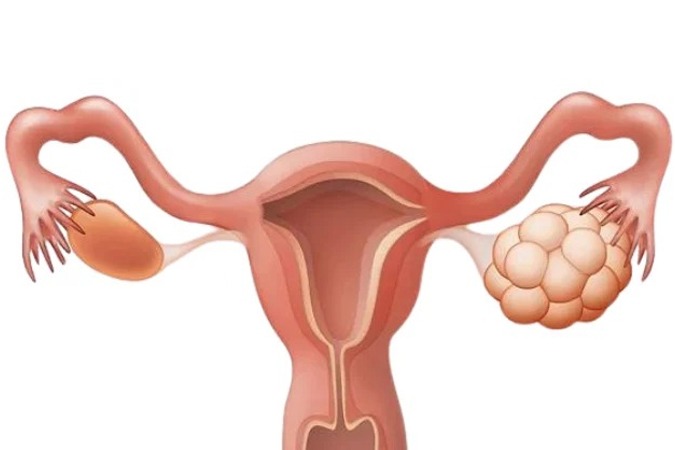
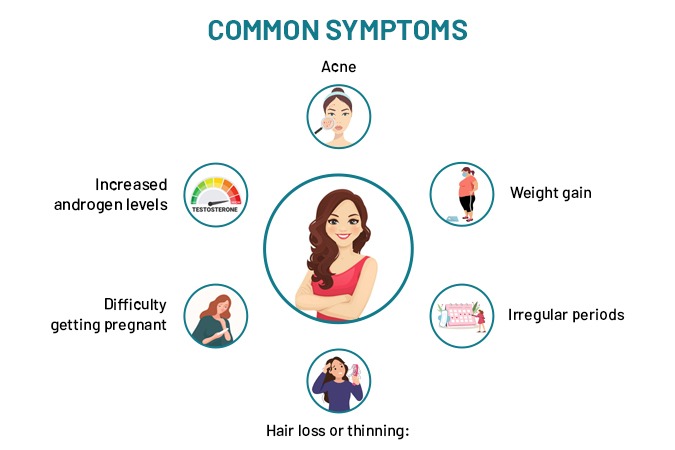
PCOD (Polycystic Ovarian Disease) often starts showing symptoms around the time of the first menstrual cycle during puberty, but it can also develop later, especially with weight gain over the years.
Common signs of PCOD include:
There is no single test to definitively diagnose PCOD (Polycystic Ovary Disease). However, your doctor will assess your medical history and conduct a physical exam. Based on these, they may recommend the following tests:
If diagnosed with PCOD, your doctor will likely suggest regular follow-up visits to monitor your condition.
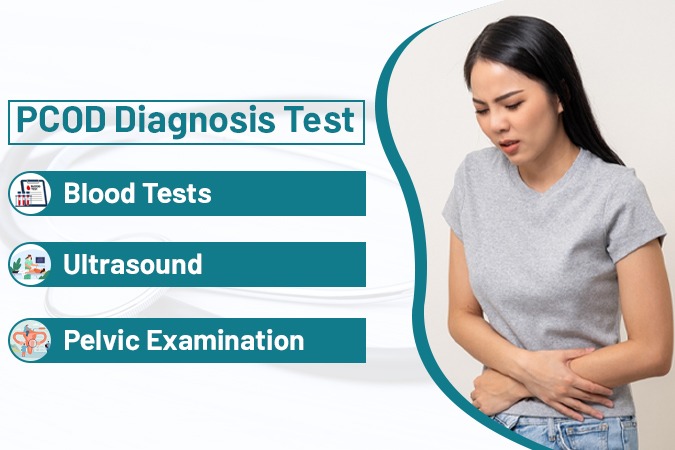
IVF, or In Vitro Fertilization, is a process where eggs are retrieved from a woman’s ovaries and fertilized with sperm in a laboratory. Then the embryo formed is transferred back to the uterus for pregnancy to occur.
For IVF, success rates are dependent on age, fertility conditions and embryo quality. Here at Dr. Akash Surana fertility clinic, we have the advantage of utilizing advanced techniques for the success of every client.
Infertility can be due to hormonal dysfunctions, ovulatory problems, blocked Fallopian tubes, spermatogenesis failure or lack, or simply because of age. All the cases are distinct, hence we provide personalized treatment with targeted therapies.
Cellular therapy is aimed at regenerative treatment of reproductive structures, restoring ovaries health and elevating entire fertility. Thus, it could be a useful addition to the standard reproductive procedures such as IVF.
Most patients feel that because of the injections or various procedures some degree of discomfort can be expected, however, this does not make the patients uncomfortable. Our team ensures that patients are comfortable throughout the treatment.
Usually, one IVF cycle lasts around 4-6 weeks counting from day one of ovarian stimulation till embryo transfer. However, this period is subject to change depending on individual circumstances.